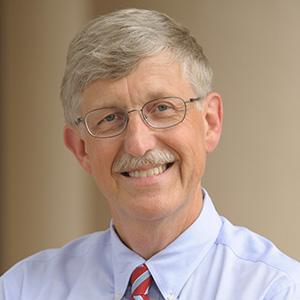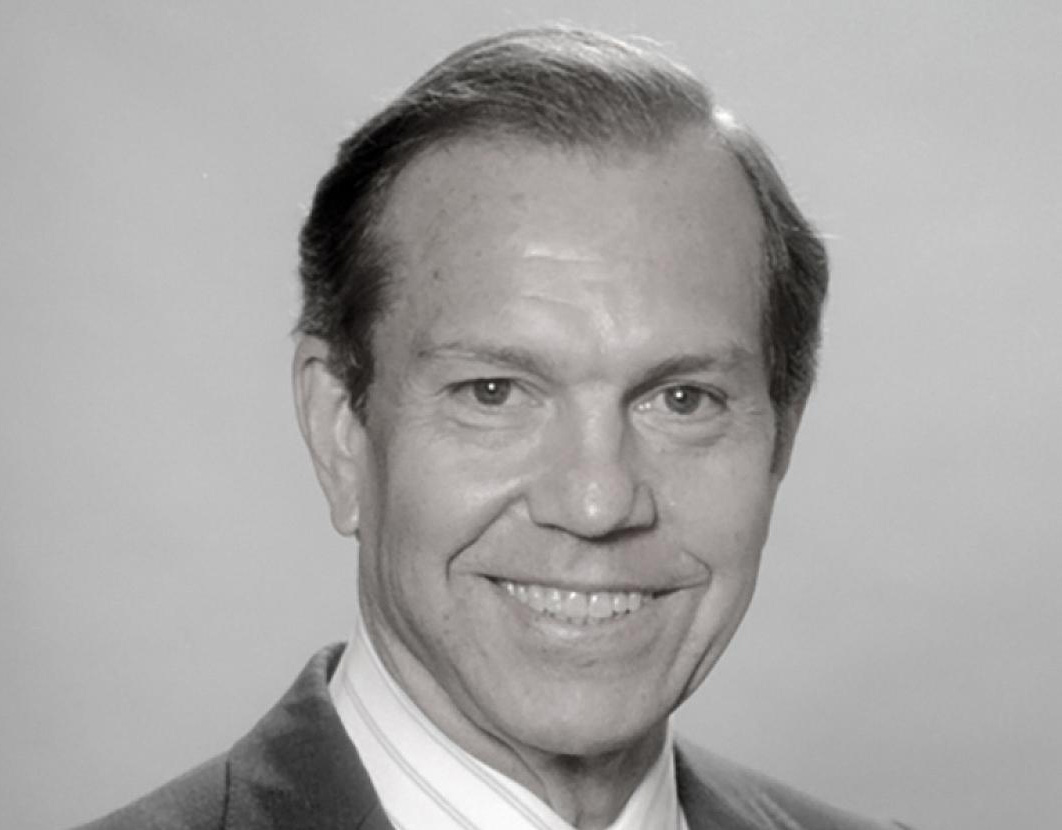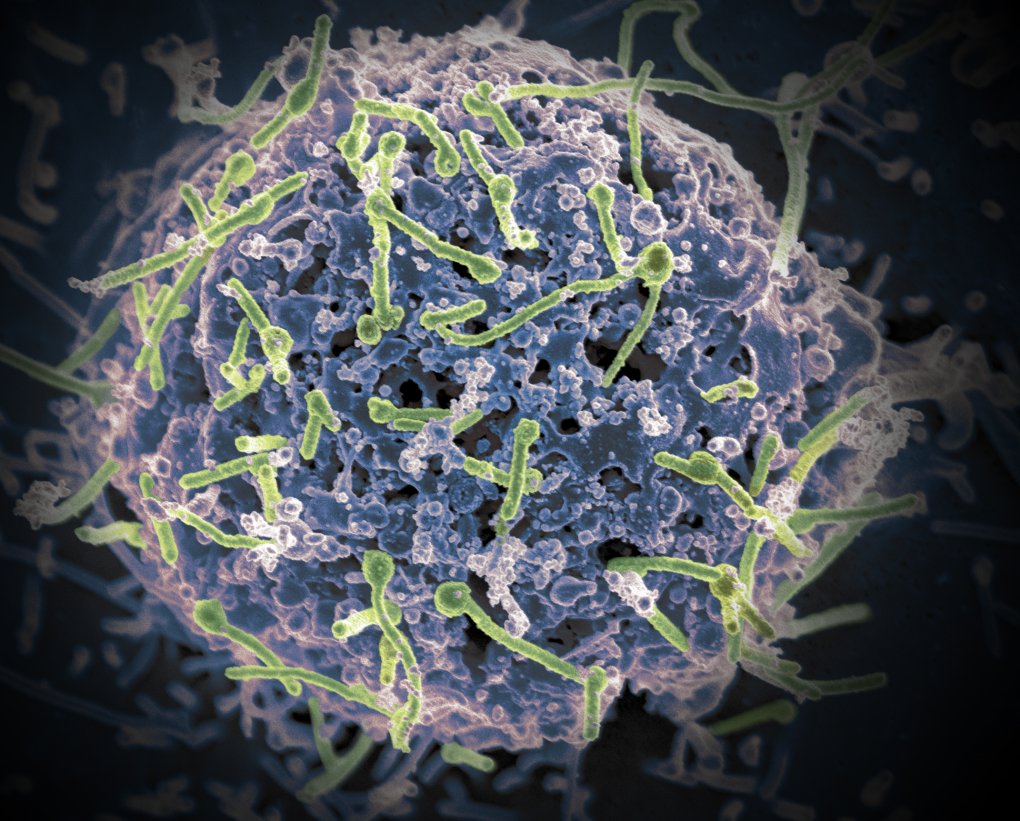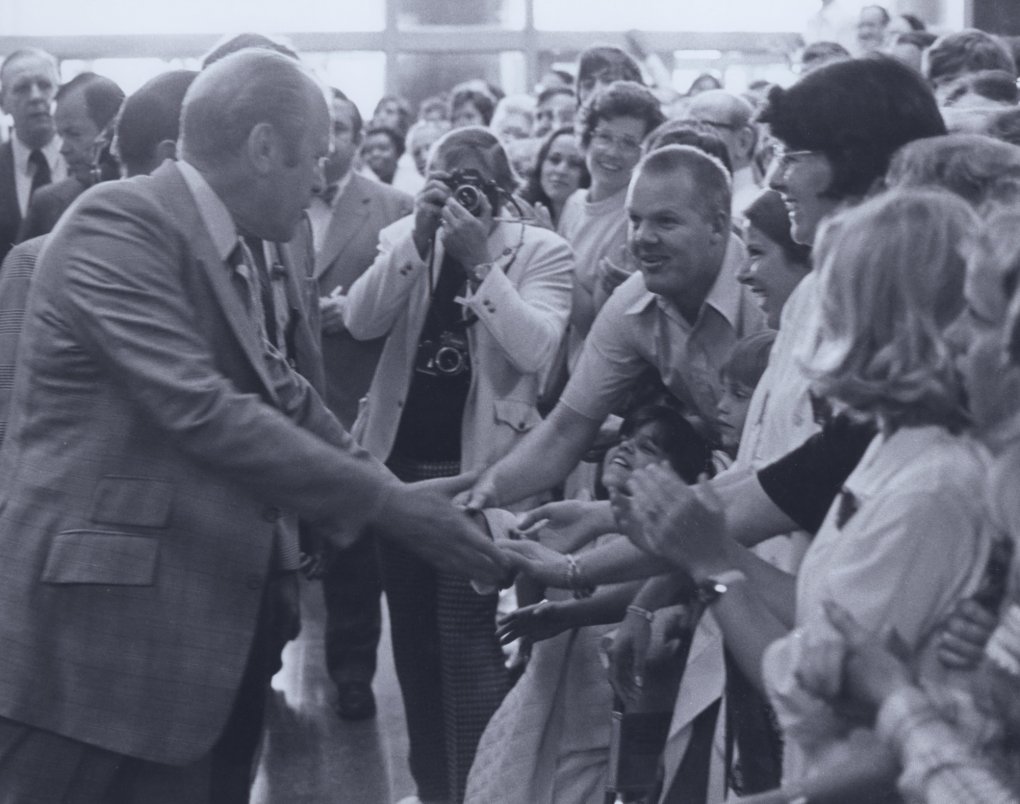A Conversation with NIH Director Francis Collins
World-Renowned Geneticist Discusses His Experience Leading NIH
Francis S. Collins, who is stepping down from his post as NIH Director by the end of the year, spoke recently with staff from The NIH Catalyst, the NIH Record, and the “I am Intramural” Blog. Read on for a few highlights from that conversation, or read the full interview originally published The NIH Catalyst.
On NIH’s efforts to improve diversity in the scientific workforce
“Diversity is a hugely important issue for our workforce, our grantee community, and our clinical-trials participation. Several years ago I put together a diversity working group of my advisory committee, and out of that came the creation of a new position, the Chief Officer for Scientific Workforce Diversity. The initial holder of that post was Dr. Hannah Valantine, and now Dr. Marie Bernard leads the office. In addition, we have made real strides in increasing diversity in our intramural program through the Distinguished Scholars Program.







